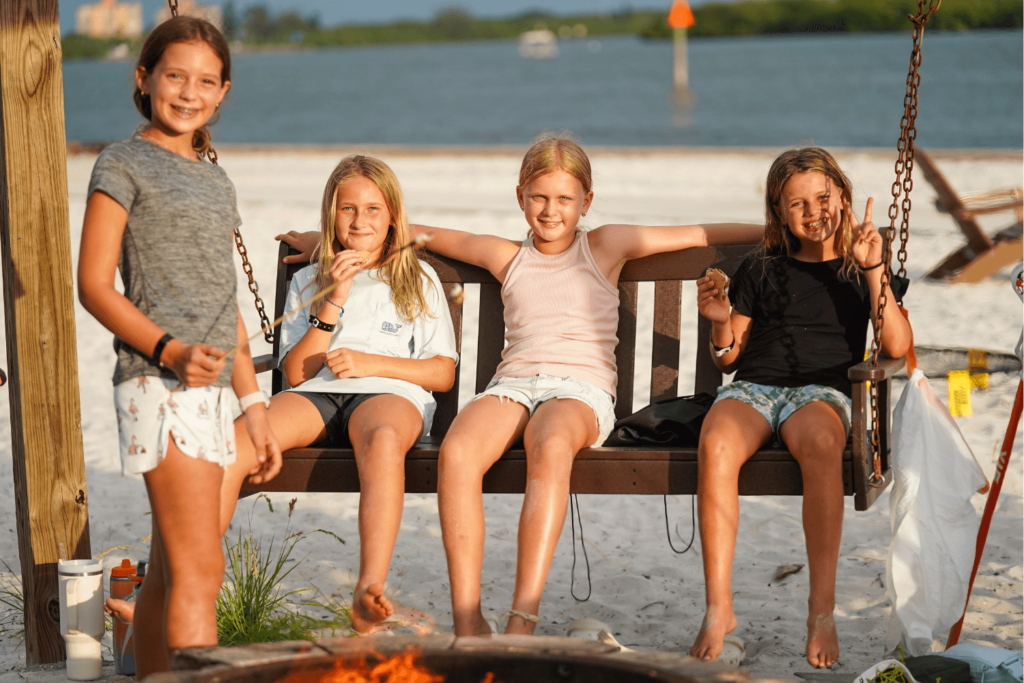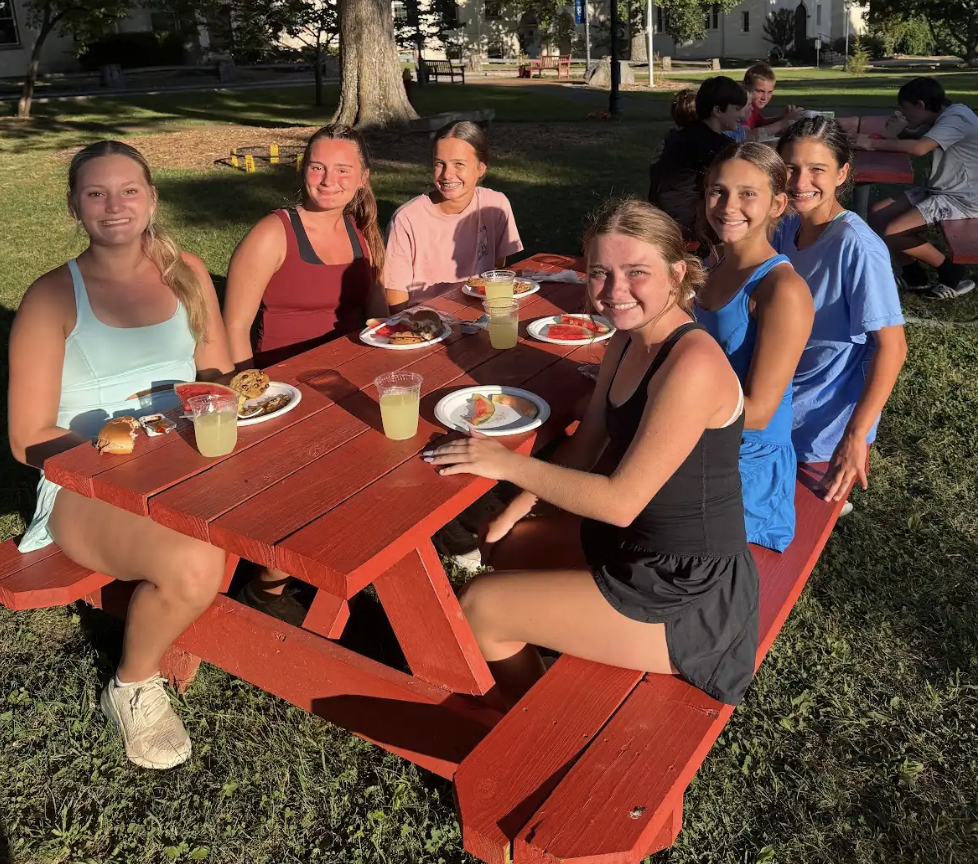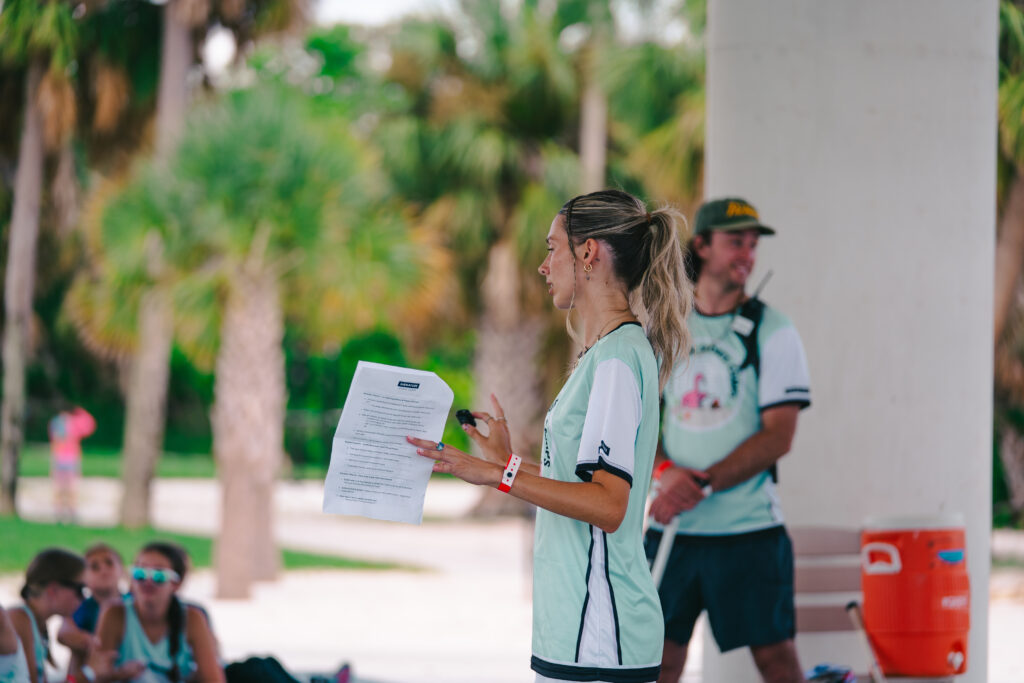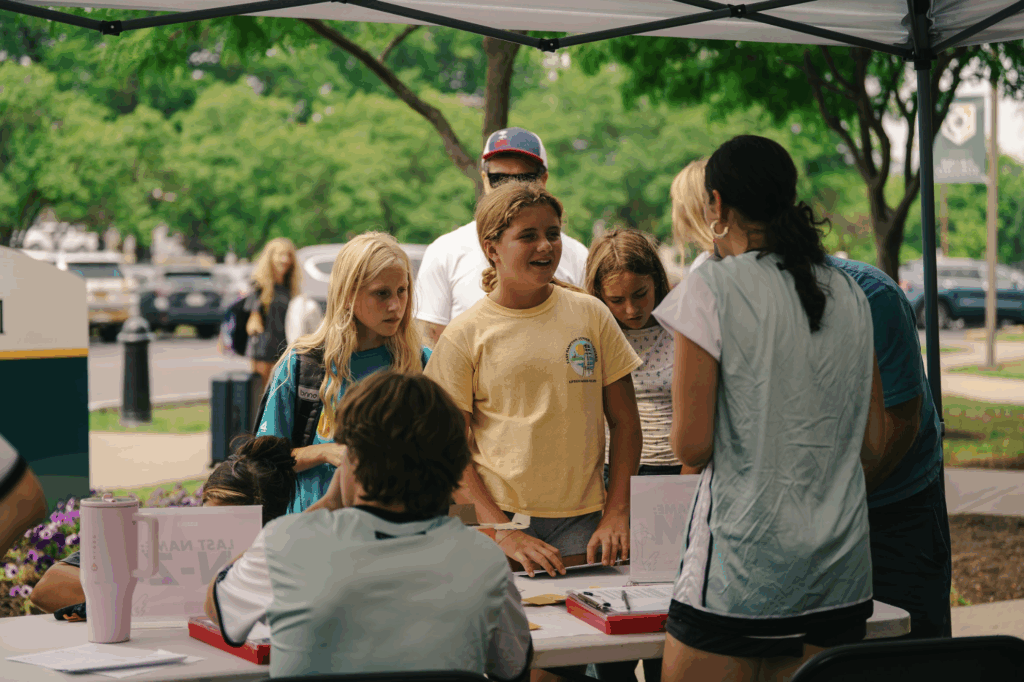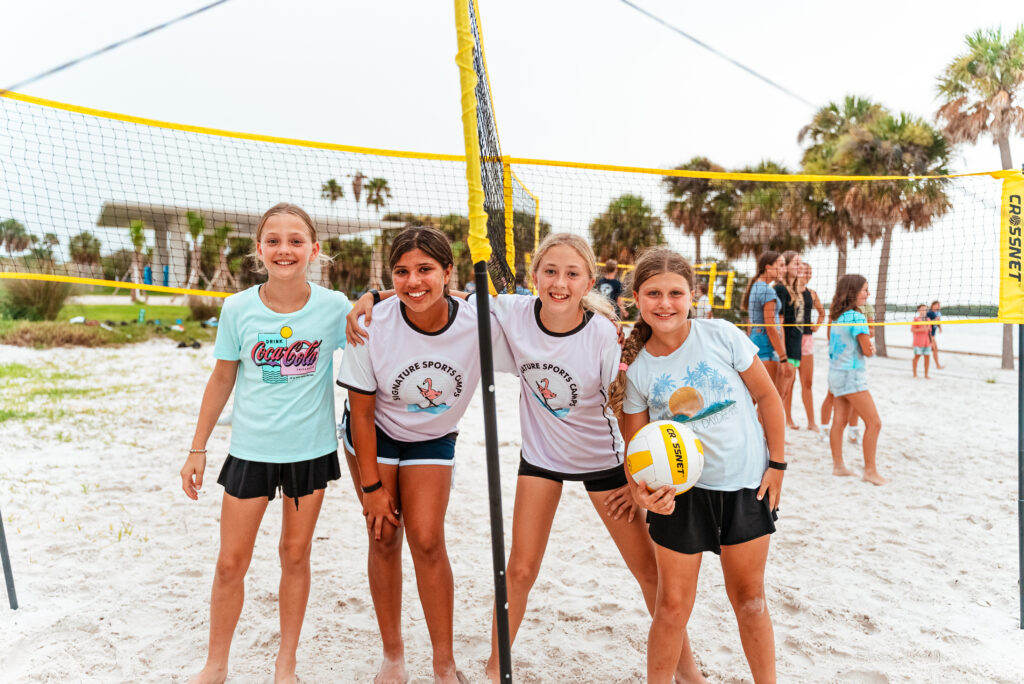For many kids, the excitement of going to camp mixes with a lingering sense of uncertainty. Overcoming homesickness at summer camp is a common hurdle first-time campers face, and it’s entirely normal to miss home in a new setting. By offering support, preparation, and understanding, parents, coaches, and counselors can focus on helping first-time campers adjust to overnight camp so they can thrive, make friends, and fully embrace the adventure ahead.
Understanding Homesickness
Feeling homesick isn’t a sign of weakness; it’s a natural response to stepping outside a comfort zone. Recognizing this helps campers and their families understand that it’s okay to be nervous. Remind campers that many others feel the same way, even if they’re not showing it. Normalizing homesickness is the first step in helping kids feel less alone in their new environment.
Pre-Camp Preparation
Preparation can go a long way in easing worries. Introduce the concept of camp well before departure. Discuss daily schedules, activities, and sleeping arrangements. Review the camp packing checklist together to ensure you’re prepared. Practice short sleepovers at a friend’s house to build comfort with being away from home. By familiarizing kids with what camp life might look like, parents help create realistic expectations, making the transition smoother when they finally arrive.
Creating a Connection to Home
Packing a small memento—like a family photo or a cherished stuffed animal—provides a comforting reminder of home. Encourage campers to write letters or journal their experiences. These simple strategies can work wonders for overcoming homesickness at summer camp and reminding kids they’re still connected to what they love.
Fostering New Friendships and Community
One of the best ways to combat homesickness is by making friends. Camp is filled with like-minded peers who share interests, whether it’s in sports, arts, or outdoor adventures. Signature Resident Coaches are there to encourage interactions, ice-breaker activities, and group challenges. Forming connections early helps distract from homesickness and builds a support network, so everyone feels included and cared for.
Embracing the Adventure
Helping first-time campers adjust to overnight camp involves guiding them to view their stay as an exciting opportunity. Encourage them to try new activities—even if they’re slightly out of their comfort zone. From mastering a new sports skill to exploring nature trails, each experience boosts confidence. Over time, campers realize that camp is about growth, learning, and discovering new passions rather than missing out on what’s happening at home.
Open Communication with Coaches
Camp staff is trained to recognize signs of homesickness and provide constructive support. Encourage campers to speak openly with their resident coaches if they’re feeling upset. Whether it’s through a listening ear, a fun distraction, or adjusting a routine, coaches know how to help campers feel more comfortable. This trust-building communication helps campers realize they’re not alone and that camp is a safe space to share emotions.
Celebrating Progress and Looking Forward
As campers learn coping strategies and embrace the fun side of camp life, they’ll look back proudly on how far they’ve come. Overcoming homesickness builds resilience—an invaluable trait both on and off the field. Remind them that the feelings they overcame at camp will translate into other areas of life, boosting their confidence and independence.
Experience Confidence-Building at Signature Sports Camps
At Signature Sports Camps, we understand that homesickness can be part of the journey. Our supportive staff, engaging activities, and welcoming community are all geared toward helping first-time campers adjust to overnight camp with ease. By focusing on growth, friendship, and fun, we ensure that what starts as uncertainty transforms into an unforgettable experience—one they’ll cherish and look forward to repeating in the future! Explore our locations and find the perfect camp to help your young athlete thrive both on and off the field.



